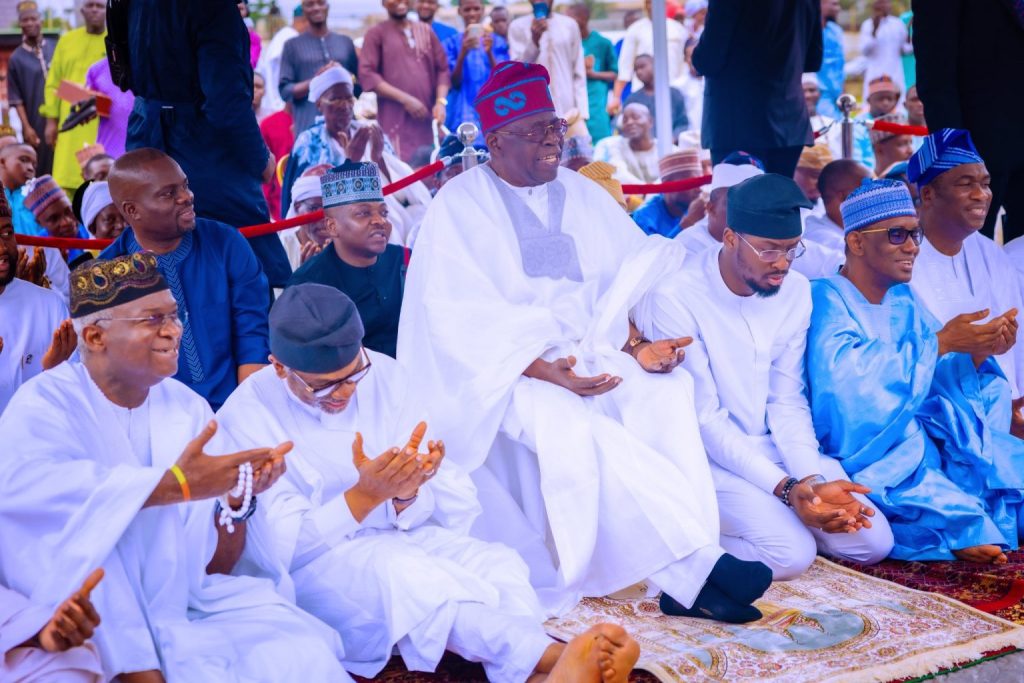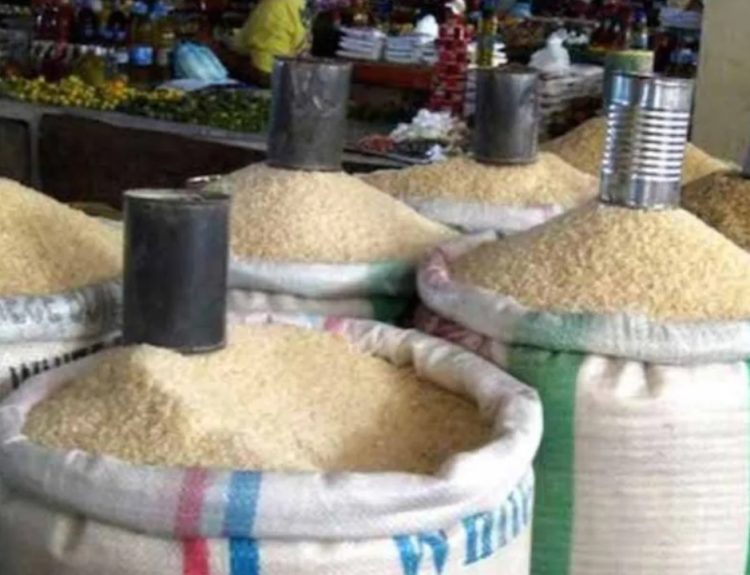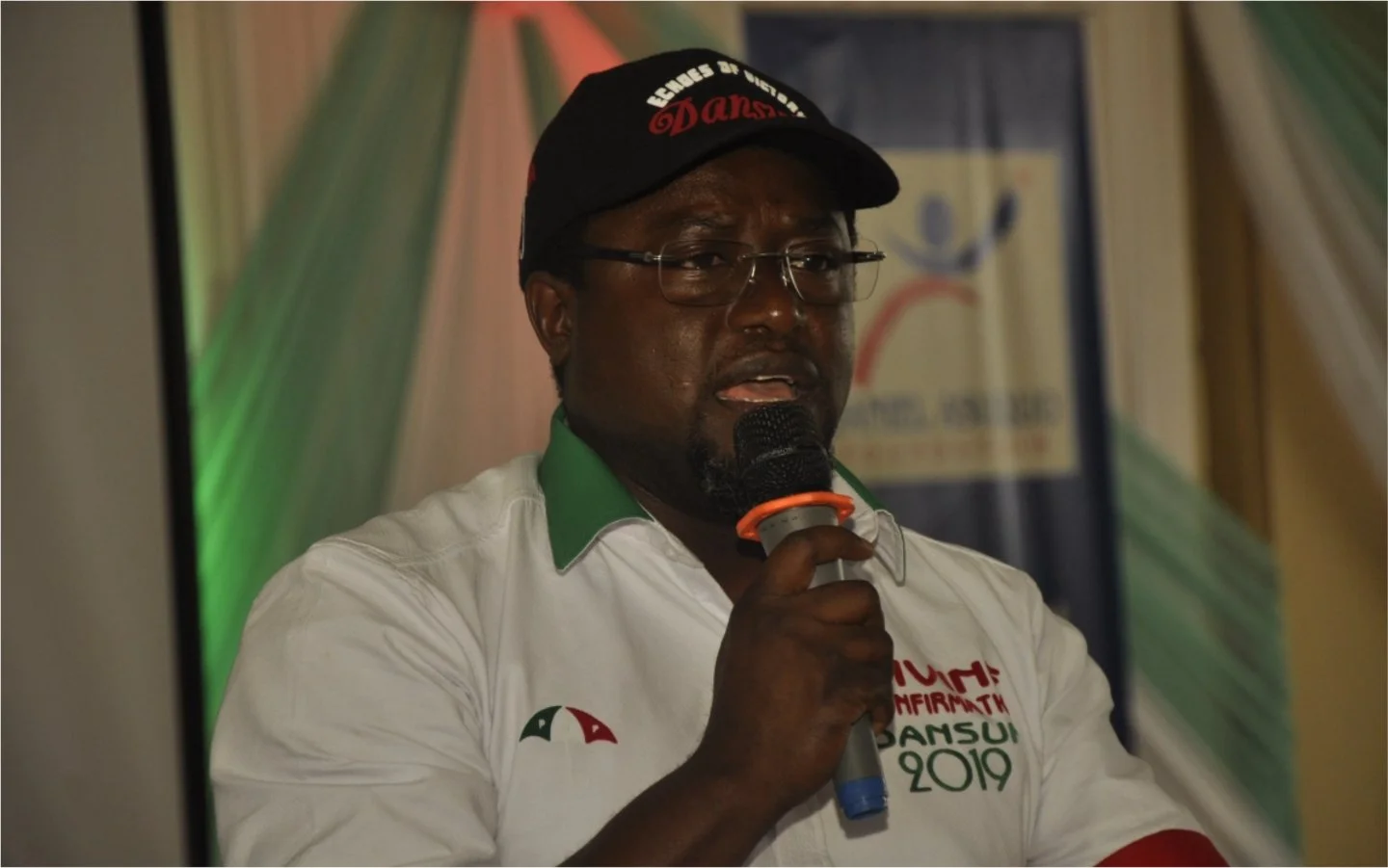
During the Eid celebration, President Bola Tinubu, former President Muhammadu Buhari, the Sultan of Sokoto, Sa’ad Abubakar, and the President of the Christian Association of Nigeria (CAN), Archbishop Daniel Okoh, addressed the economic difficulties facing Nigeria, each proposing potential solutions.
Against the backdrop of high food inflation, President Tinubu urged Nigerians to show more care for their neighbors and extend charity in the spirit of Eid-el-Kabir. Observing Eid prayers in Lagos, he emphasized the need for sacrifice to advance the nation. In a statement by his Special Adviser on Media and Publicity, Ajuri Ngelale, Tinubu reminded citizens that with citizenship comes responsibilities, urging them to love their country and share with each other.
The Chief Imam of Lagos State, Sheikh Suleiman Abou-Nolla, who led the prayers, also highlighted the importance of increased love, sacrifice, and care for the poor and vulnerable, calling on citizens to ensure that the sacrifices of Nigeria’s founding leaders are not in vain.
Former President Buhari, speaking from Daura, emphasized the need for self-reliance through farming and purchasing made-in-Nigeria products. He expressed satisfaction with the increasing number of Nigerians engaging in agriculture and stressed the importance of controlling population growth through greater investment in education and health.
The Sultan of Sokoto, Sa’ad Abubakar, called for redoubled efforts to address economic and security challenges. Speaking in Sokoto, he urged leaders to take concerted action to tackle security issues, enabling farmers to access their lands and help end hunger.
Archbishop Daniel Okoh, in his Eid message, called on Nigerians to unite in love and forgiveness. He urged citizens to embody the values of sacrifice, obedience, and faith, stressing the importance of setting aside differences for the sake of national unity and peace.
In Ekiti State, Alhaji Tajudeen Ahmed from the Supreme Council for Islamic Affairs noted the challenging economic situation affecting the celebration, while Dr. Muhammad Idris from the National Commission for Almajiri and Out-of-School Children’s Education emphasized the importance of education as a fundamental right, commending President Tinubu’s efforts to address challenges faced by Almajiri and out-of-school children.
Many Nigerians expressed concern over the impact of inflation on the celebration. In Niger State, residents had to settle for chickens instead of rams due to high costs, while in Ogun State, residents highlighted the skyrocketing prices of essential items. Economist Shadrach Israel pointed to underlying structural issues in the economy, urging the government to implement comprehensive reforms. Another economist, Jonathan Thomas, stressed the impact of insecurity on farming and the broader economy.
As Nigerians reflect on the Sallah celebration, there is a collective hope for a more prosperous and economically stable future, with calls for immediate government action to restore purchasing power and promote economic growth.



2 Comments